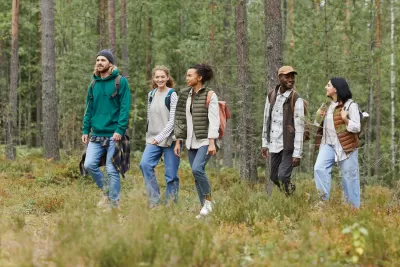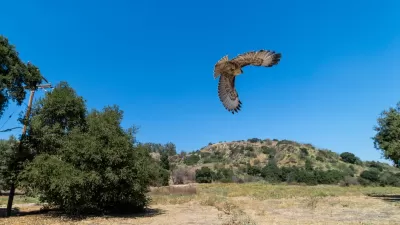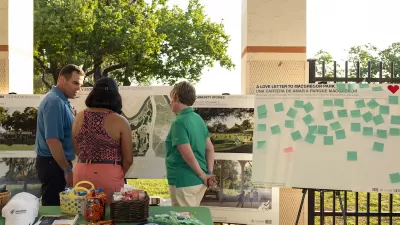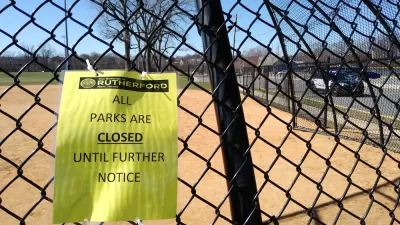Findings from the 2023 Annual Outdoor Participation Trends Report reveals the “who, how, and where” in participation in outdoor recreation.

The Outdoor Industry Association (OIA) and Outdoor Foundation (OF), longtime authorities on outdoor participation data, recently released findings from the 2023 Annual Outdoor Participation Trends Report. For more than 15 years, the Outdoor Participation Trends Report has served as the most comprehensive source of insights and narratives around who’s doing what, when, and how outdoors.
The 2023 report reveals increases in the overall outdoor participation and offers some key insights, including the following:
- The outdoor recreation participant base increased by 2.3 percent in 2022 to a record 168.1 million participants or 55 percent of the U.S. population ages six and older.
- While 2022 outdoor recreation included record numbers of participants and record-high participation rates, the number of outings per participant declined in 2022 for the first time since the pandemic began in 2020.
- The new outdoor recreation participant base became more diverse in 2022 including increases in participation among Black, Hispanic, and LGBTQIA+ people.
- Eighty percent of outdoor activity categories experienced participation growth in 2022, including large categories like camping and fishing and smaller categories like sport climbing and skateboarding.
The full report is available to OIA members only, but readers can request a copy of the Executive Summary with key data points and insights at this link.
FULL STORY: Outdoor Participation Grows for Eighth Consecutive Year

Alabama: Trump Terminates Settlements for Black Communities Harmed By Raw Sewage
Trump deemed the landmark civil rights agreement “illegal DEI and environmental justice policy.”

Planetizen Federal Action Tracker
A weekly monitor of how Trump’s orders and actions are impacting planners and planning in America.

The 120 Year Old Tiny Home Villages That Sheltered San Francisco’s Earthquake Refugees
More than a century ago, San Francisco mobilized to house thousands of residents displaced by the 1906 earthquake. Could their strategy offer a model for the present?

In Both Crashes and Crime, Public Transportation is Far Safer than Driving
Contrary to popular assumptions, public transportation has far lower crash and crime rates than automobile travel. For safer communities, improve and encourage transit travel.

Report: Zoning Reforms Should Complement Nashville’s Ambitious Transit Plan
Without reform, restrictive zoning codes will limit the impact of the city’s planned transit expansion and could exclude some of the residents who depend on transit the most.

Judge Orders Release of Frozen IRA, IIJA Funding
The decision is a victory for environmental groups who charged that freezing funds for critical infrastructure and disaster response programs caused “real and irreparable harm” to communities.
Urban Design for Planners 1: Software Tools
This six-course series explores essential urban design concepts using open source software and equips planners with the tools they need to participate fully in the urban design process.
Planning for Universal Design
Learn the tools for implementing Universal Design in planning regulations.
Clanton & Associates, Inc.
Jessamine County Fiscal Court
Institute for Housing and Urban Development Studies (IHS)
City of Grandview
Harvard GSD Executive Education
Toledo-Lucas County Plan Commissions
Salt Lake City
NYU Wagner Graduate School of Public Service





























